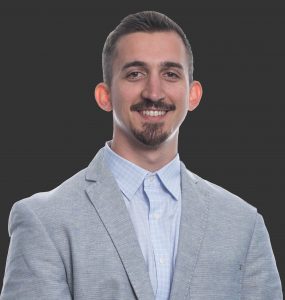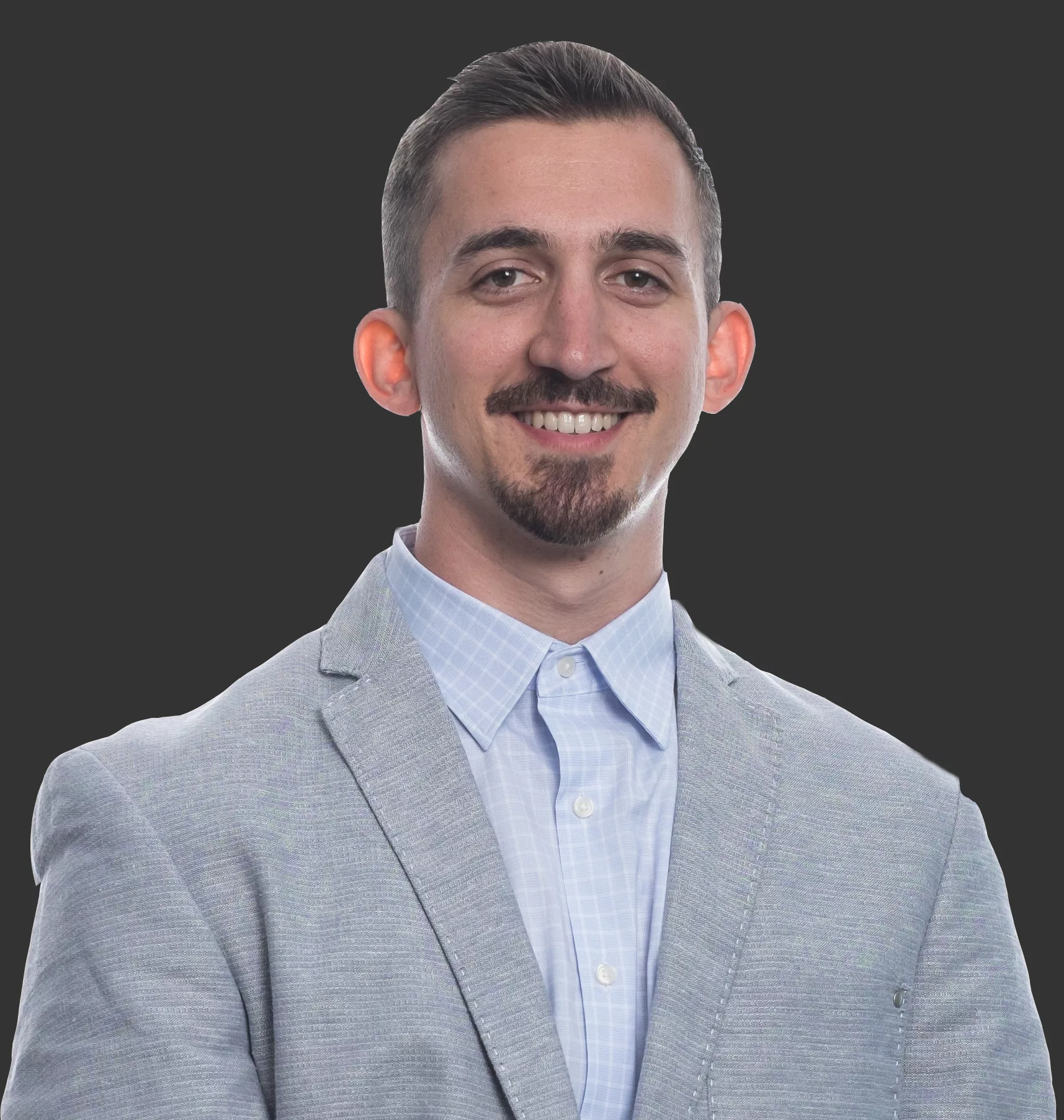A SOCAP Guest Post By Alan Pierce
The wide circle of chairs indicated that this session would flow with a different dynamic than we had become accustomed to after three days of panels and plenaries at SOCAP16.
Mindfulness in the Workplace: Scaling Sustainability, facilitated by Darian Rodriguez Heyman, promised to inspire us into action towards inner balance and outer focus through mindfulness practices, resources, and stories from the corporate world.
Guided by Sean Pargo, we initially meditated for 10 minutes to calm the buzz of investor meetings, 90-second pitches, and the general knowledge blasts of the conference. I’ve curated the following to distill the discussion that came afterwards.
These are concrete mindfulness tips for the investor, the entrepreneur, and really any changemaker curious about leveraging inner peace for social impact. I’ve divided them into two categories: high level, for those interested in implementation in work culture, and individual-focused, for anyone and everyone.
Organizational level: Bringing Mindfulness into Your Workplace
1. Speak the right language: You’ll likely need executive buy-in so it is important to speak the right language. Cite data marking the causative relationship between mindfulness programs and improved employee outcomes. Raise cost effectiveness numbers and employee retention statistics. Nearly 25% of companies today have some sort of mindfulness program, and that number is expected to double in the coming year. This isn’t a fad anymore. It’s a competitive advantage.
2. Use plants! One of our panelists, Amanda Ravenhill, spoke about bringing biophillic design to her office in order to enhance mindfulness and reduce stress (biophilia refers to humanity’s innate affinity for nature and living things). Citing research, Amanda explained that the sound of water has been shown to focus us better than any other white noise — so she had a small fountain installed in her office’s main workspace. It also helps productivity to have a number of different plant species placed in the office surroundings. Feeling a little skeptical? Check out the impressive economic case for biophilia here.
3. Create a physical space. Emmy Yegrin of Yahoo found an innovative way to infuse a mindfulness culture into her workplace. She repurposed furniture and existing conference space into a “zen” area, and shortly thereafter employees self-organized their own daily meditations with no further guidance or urging from her. Emmy emphasized that they simply needed a place to recharge and unplug, and the transformation of that environment facilitated it organically.
Individual Practices: For daily use, or at least during SOCAP!
1. Morning and evening practice. Cory Smith of Wisdom Labs, suggests always starting the morning with an intention for the day. This helps keep us focused in that intentional trajectory throughout the day. Then, in the evening he asks himself, What went well? This awareness of the positive in your day remains with you as you drift off to sleep.
2. Just-like-me meditation. I feel this one is especially salient for our crowded SOCAP spaces. As you walk around look at each person you see and recognize how they are just like you — they seek love, belonging, compassion, and to find their way in the world. From this place of awareness you are far more open to connection — and why else are we at SOCAP but to connect!
3. Is there an app for that? The question is rhetoric by now because, yes, there are many. Some that were highly recommended by our panelists: Headspace, Calm, Insight Timer, and Spire, as well as two web sites, dharmaseed.org and mindfulnessexercises.com.
Perhaps this blog will inspire you to act, as the session inspired me to write it. In the impact space we exist to be of service to a greater good and in this other-centeredness we may forget to act in service to our own well being, much to the detriment of our world-changing ambitions. Because investing in the quality of our inner life will ultimately shape how well we can leverage our skills every day in relation to and in service of that greater whole.
 Alan Pierce holds a master’s degree in Social Entrepreneurship from Hult International Business School. While at Hult he co-led the development of a student-run accelerator for local social enterprise startups, and received a management consulting certification. Prior to pursuing this degree Alan worked for a number of nonprofits in the SF Bay Area. This included an institute conducting research on individual and social transformation, for which he published several academic papers.
Alan Pierce holds a master’s degree in Social Entrepreneurship from Hult International Business School. While at Hult he co-led the development of a student-run accelerator for local social enterprise startups, and received a management consulting certification. Prior to pursuing this degree Alan worked for a number of nonprofits in the SF Bay Area. This included an institute conducting research on individual and social transformation, for which he published several academic papers.


